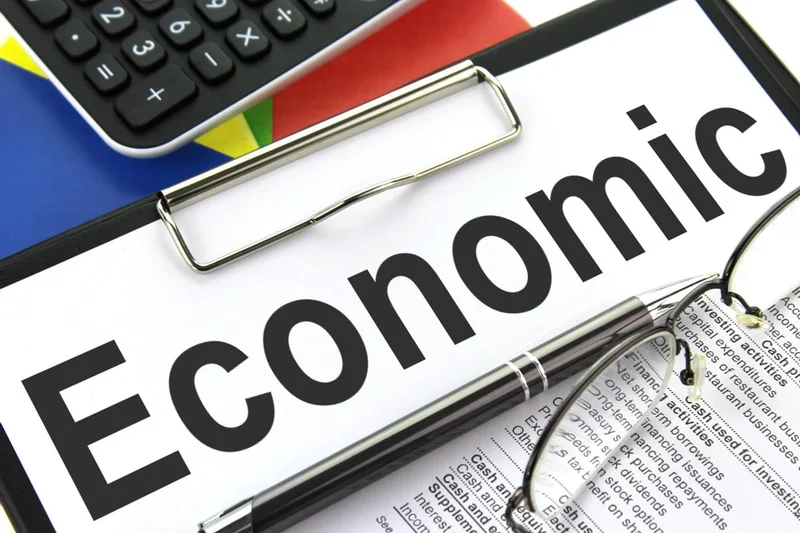Economic Shifts: What's Happening and What We Can Expect
The Mirage of Numbers: How Democrats Found the Human Pulse
It's funny, isn't it? We live in an age drowning in data, yet elections still hinge on something as stubbornly human as feeling. This week's results made that crystal clear. The talking heads are buzzing about voter turnout and demographic shifts, but they're missing the forest for the trees. The Democrats who connected with voters weren't just reciting statistics; they were acknowledging the economic anxieties people are actually experiencing.
The news is awash with stories of how Trump and his allies are scratching their heads, baffled that their "economic miracle" spiel didn't resonate. He touted job growth and stock market surges, but as the article points out, less than 40% of voters in key areas like New Jersey, New York City, and California feel like they're living in an economic boom. Meanwhile, Virginia, where a whopping 58% feel good about the economy, saw a different story.
It’s like trying to convince someone their house isn't on fire while they're staring at the flames! You can throw all the data you want at them, but their lived reality will always win. It's a problem that's haunted presidents for decades, this disconnect between the numbers and the gut feeling. But is it really that hard to grasp?
What the successful Democrats seemed to understand is that people don't experience the economy as a spreadsheet. They experience it as the price of groceries, the fear of layoffs, the struggle to afford healthcare. They feel it in their bones. And a leader who ignores that feeling, who simply spouts off statistics, is going to sound tone-deaf, out of touch, and frankly, a little insulting.

We're not talking about rocket science here, folks. It's about empathy. It's about listening to what people are saying, acknowledging their struggles, and offering solutions that address those real concerns, not just the theoretical ones. The Democrats who won understood this. They spoke to the human heart, not just the economic cortex.
And that’s the breakthrough, isn’t it? The ability to translate cold, hard data into warm, relatable human experiences. It's a kind of alchemy, turning lead into gold, or in this case, turning economic anxiety into political capital. This isn’t just about winning elections; it's about governing effectively. It’s about creating policies that actually improve people’s lives, not just their GDP.
The Dawning of Economic Empathy
When I think about this, I can't help but wonder: Are we on the cusp of a new era of economic understanding? An era where leaders are judged not just by the numbers they tout, but by the lives they touch? Imagine a world where economic policy is driven by empathy, by a genuine desire to alleviate suffering and create opportunity for all. It's a bold vision, I know. But is it really so far-fetched? What if we started measuring success not just in dollars and cents, but in human happiness and well-being?
So, What's the Real Story?
This isn’t about left versus right; it's about real versus fake. The Democrats who won weren't just lucky; they were listening. And in a world where everyone is shouting, the ability to listen is a superpower. This election wasn’t just a win for one party; it was a wake-up call for anyone who thinks they can govern by numbers alone. The human element will always matter. Always.
Tags: economic
Anthropic AI: What's the Deal with Claude and Cutting SOC Time?
Next PostSpace News: NASA, Kennedy Space Center, and What's Up There
Related Articles
